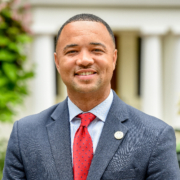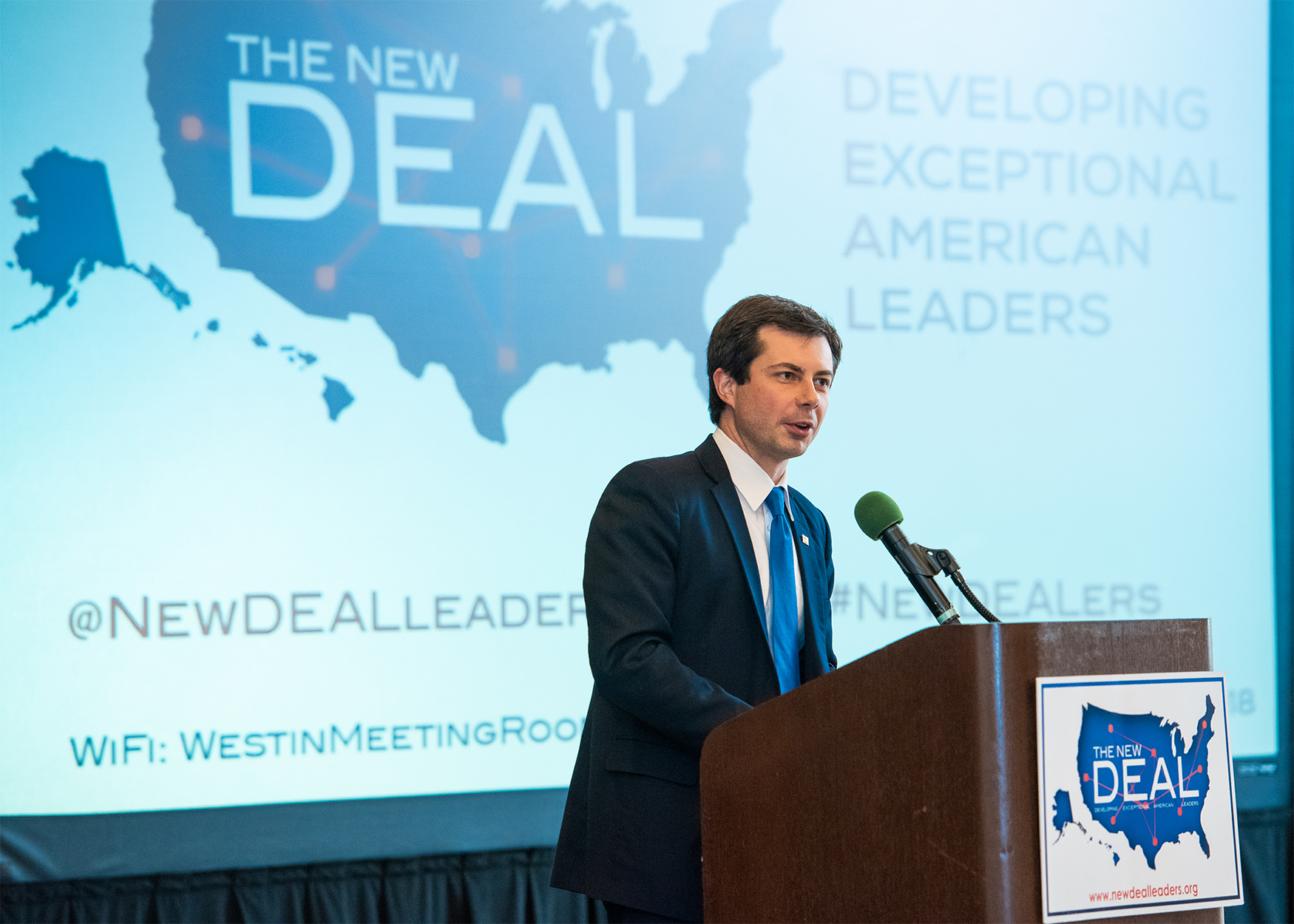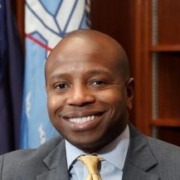2023 Ideas Challenge Entry
Providence Mayor Brett Smiley is building up the city’s early education infrastructure through the Early Learning Infrastructure Support Program. This new program will invest $1.9 million from both the general budget and the American Rescue Plan Act (ARPA), to offer technical support, planning grants, and construction grants to childcare providers and centers. This initiative is an investment in the early learning economy, supporting minority- and women-owned business owners in Providence who were essential during the COVID-19 quarantines. The planning and construction grants prioritize facility improvements that will improve the safety, quality rating and capacity of both home- and center-based providers
The program also tackles issues like staffing shortages and insufficient reimbursement rates. LISC assists providers in identifying areas for facility improvement, safety enhancements, and quality rating upgrades. Ultimately, the Early Learning Infrastructure Support Program enhances childcare quality, safety, and capacity, benefiting families and advancing Providence’s goal of universal Pre-K access in high-quality facilities.
Impact
On July 13, 2023, Providence announced over $1 million in grants to 16 home-based and 8 center-based facilities. Reporting includes details on how each project tackles health and safety concerns, upgrades quality ratings, and boosts capacity. For instance, adding a backyard fence improves safety, advances quality ratings, and allows home-based providers to accommodate more children.
Improving engagement with home-based providers was a priority. After a three-month application period with dual language support (English and Spanish), LISC received 45 applications from home-based providers, a significant increase compared to previous rounds.”













